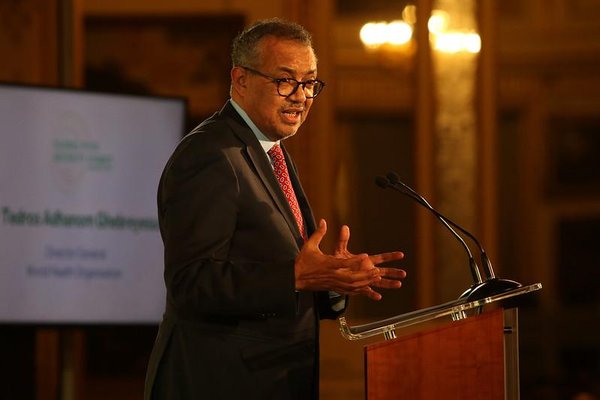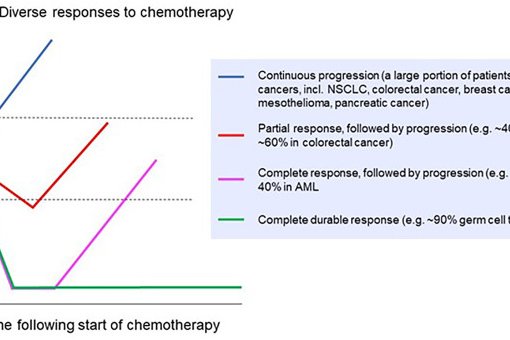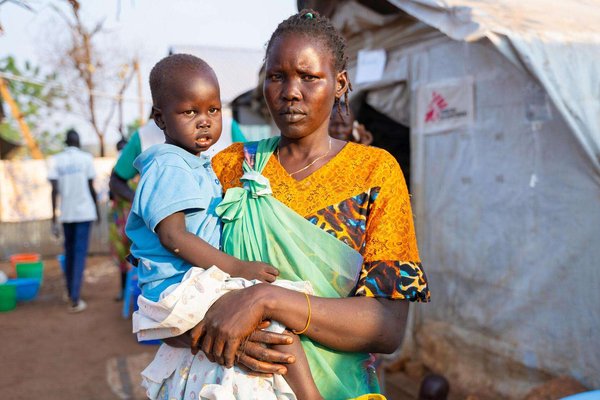Global Health Crisis Intensifies: The First 100 Days of a Growing Humanitarian Emergency
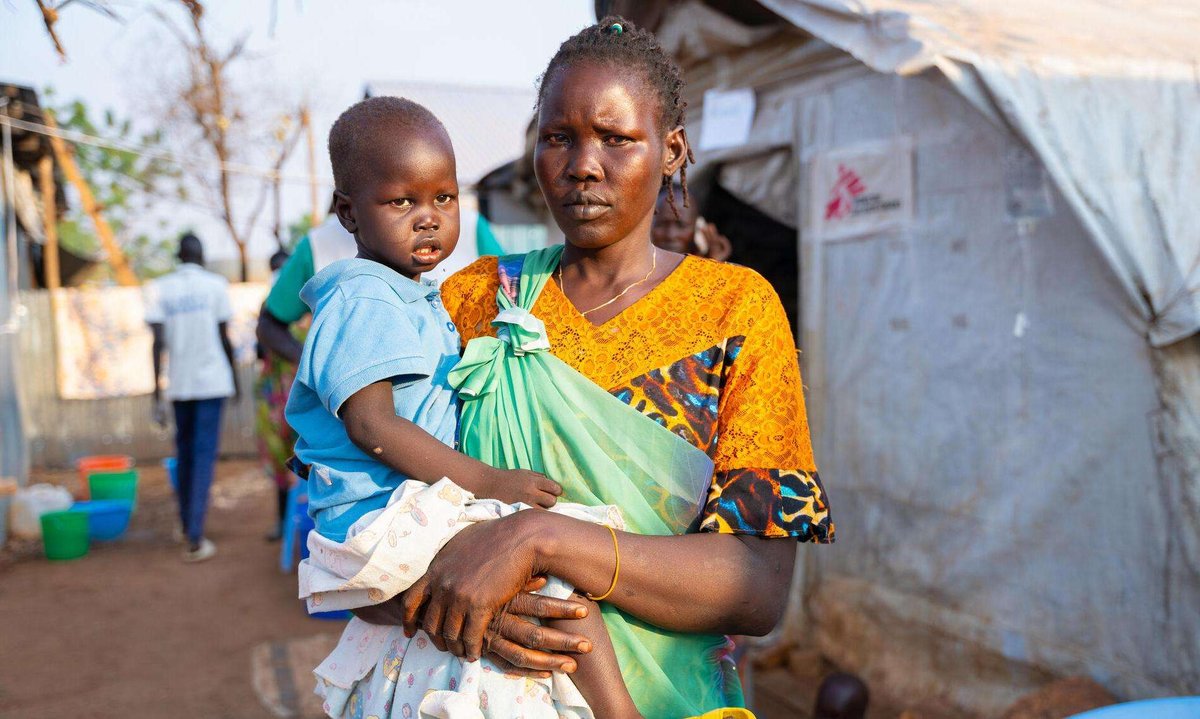
Over the past 100 days, the world has witnessed a rapidly deteriorating global health emergency as humanitarian aid cuts and suspensions take a devastating toll on vulnerable populations worldwide.
The World Health Organization (WHO) has issued a stark warning about the situation after a rapid assessment conducted in March-April 2025 with 108 WHO country offices. The survey revealed that 70% of surveyed countries are already experiencing significant health system disruptions due to sudden suspensions and reductions in official development assistance for health.
In response to these findings, WHO Director-General Dr. Tedros Adhanom Ghebreyesus stated, "These results paint a worrying picture about the impact of the sudden and unplanned cuts to aid on the health of millions of people." He noted that while these cuts are a shock, they are also driving an accelerated transition away from aid dependency toward more sustainable self-reliance based on domestic resources.
The situation has been particularly dire in border regions across South Sudan and Ethiopia, where Médecins Sans Frontières (MSF) teams are responding to a rampant cholera outbreak amid escalating violence. According to MSF, several organizations including Save the Children have suspended mobile clinic activities in South Sudan's Akobo County due to US aid cuts. The consequences have been deadly - at least five children and three adults with cholera died while attempting to seek treatment.
Sexual and reproductive health care has also been severely impacted. MSF teams in more than 20 countries have reported concerns with disrupted or suspended sexual and reproductive health programs. In Cox's Bazar, Bangladesh—home to one of the world's largest refugee camps—other implementers are unable to provide essential supplies like emergency birth kits and contraceptives, while referrals for medical emergencies have been disrupted.
The administration has extended the initial 90-day review period for foreign aid, which was due to conclude on April 20, highlighting the ongoing uncertainty surrounding international humanitarian assistance.
The impact on HIV prevention and treatment programs is projected to be catastrophic. According to a study published in the Lancet HIV, 2.9 million HIV-related deaths could occur over the next five years should there be major international aid reductions and discontinued support for HIV prevention and testing.
As countries scramble to increase or reallocate funding from domestic and alternative external sources to address gaps, WHO reports that up to 24% of surveyed countries indicate budget cuts are already translating into increased out-of-pocket payments, with the poor and vulnerable likely bearing the additional burden.
The WHO Multi-country Outbreak of Cholera Situation Report from April 22, 2025, further confirms the growing health crisis, as cholera continues to spread across multiple regions.
Recent Health Articles
Countries Facing Severe Health System Disruption as WHO Warns on Global Funding Cuts
WHO warns that health systems in many countries are facing immediate disruptions due to deep funding cuts, putting millions of …
Cancer Research Reveals Chemo’s Molecular Strike Against Cancer Cells
Researchers have uncovered how chemotherapy damages cancer cells at the molecular level, paving the way for more effective and targeted …
Breakthrough Study: Cancer Immunotherapy Equally Effective in Older and Younger Patients
New research confirms immune checkpoint inhibitors are equally effective in cancer patients regardless of age, offering hope for personalized treatment …
Based on the search results, I'll provide you with three significant recent health news articles in the requested format: Global Health Funding Cuts Causing Critical System Disruptions
Global health funding reductions are leading to critical medicine and supply shortages with potential long-lasting effects on worldwide healthcare systems. …
U.S. Foreign Aid Freeze Sparks Global Health Crisis as Trump Administration Dismantles USAID
The Trump administration's 90-day foreign aid freeze has devastated global health programs, dismantling USAID, terminating over 5,600 jobs, and shuttering …

Countries Facing Severe Health System Disruption as WHO Warns on Global Funding Cuts
WHO warns that health systems in many countries are facing immediate disruptions due to deep …
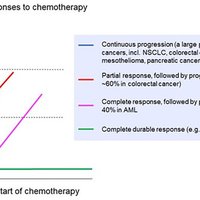
Cancer Research Reveals Chemo’s Molecular Strike Against Cancer Cells
Researchers have uncovered how chemotherapy damages cancer cells at the molecular level, paving the way …
Breakthrough Study: Cancer Immunotherapy Equally Effective in Older and Younger Patients
New research confirms immune checkpoint inhibitors are equally effective in cancer patients regardless of age, …
